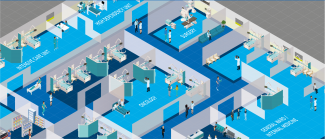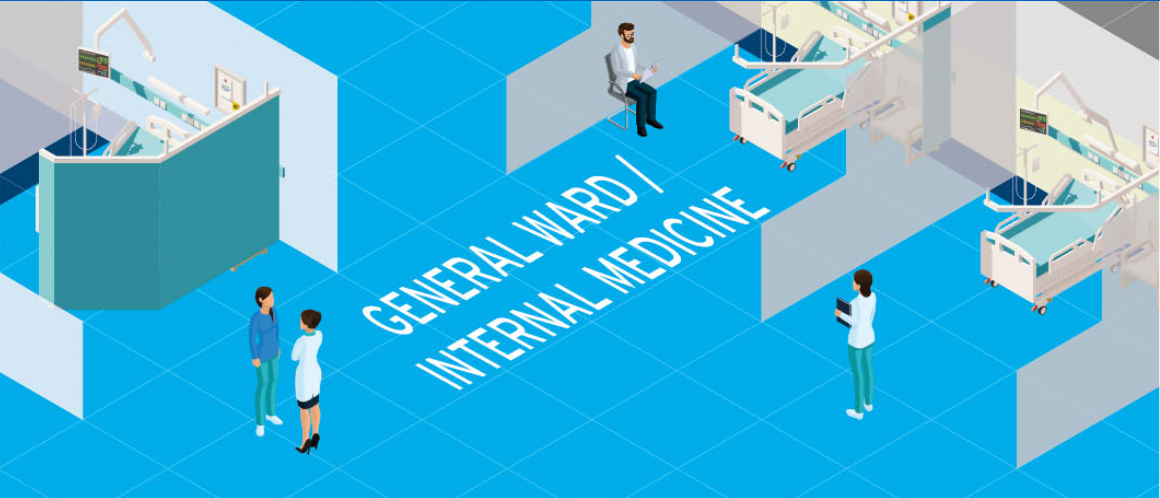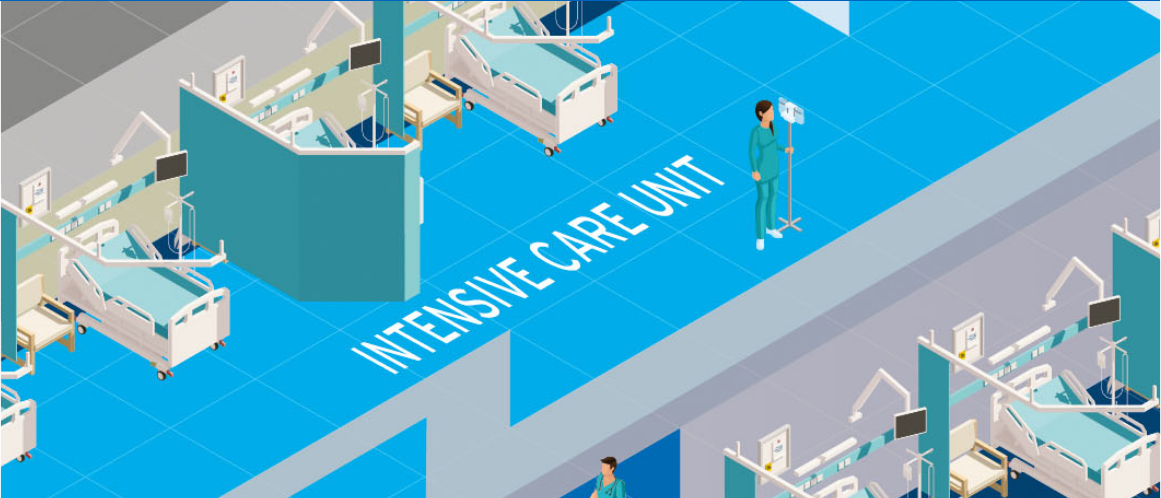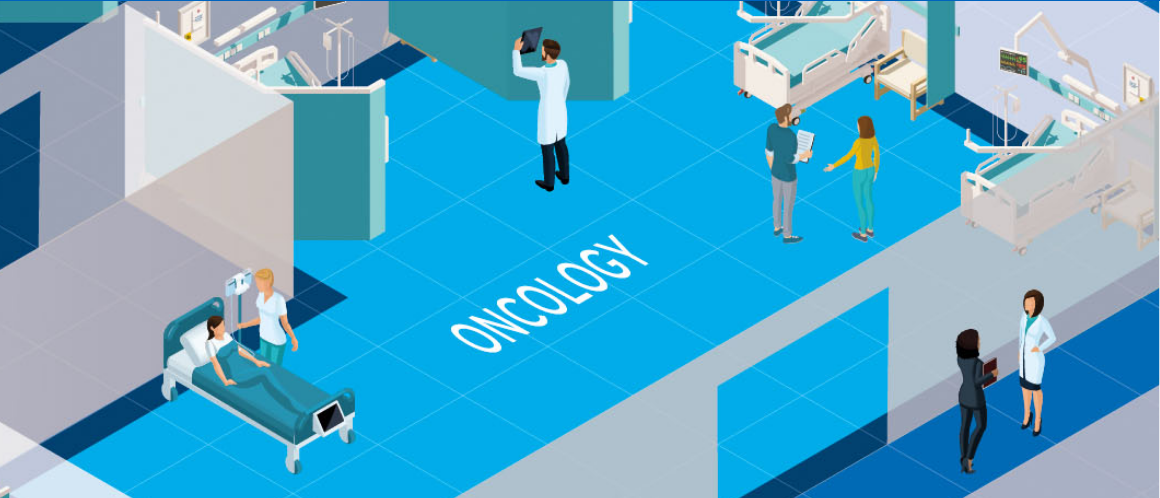Effective solutions
Meeting parenteral nutrition needs through standardised formulations
Standardisation, where clinically appropriate, can be key to improving care quality, reducing errors and reducing wastage across all healthcare organisations.1,2 A recent (2018) NHS improvement survey showed that there is still significant opportunity to standardise parenteral nutrition (PN).1,2
The supply of aseptically prepared products can be delivered efficiently and cost-effectively through preparing standard doses.1 The application of this approach to PN can boost efficiency in both ordering and preparing PN. This, in turn, may increase clinical effectiveness, help to improve patient safety and optimise resources.2,3,4
Standardisation of PN can reduce variation and promote consistency among healthcare professionals across disciplines and care settings.3 Standardisation aids guidance in decision making, can improve process accuracy and increases time dedicated to patient care;3 it can also result in a reduction in costs.4,5
Patients may need PN for a variety of diseases or conditions that impair food intake, nutrition digestion or absorption. PN has a vital role to play in the prevention and treatment of malnutrition in a number of different patient populations.6,7
Patients may require PN to be administered centrally or peripherally depending on their intravenous access and clinical condition. The Fresenius Kabi range of multi-chamber bags (MCBs) contains products that can be administered either via the central venous route only, or via central and peripheral veins. Administration routes are osmolarity dependent. The Fresenius Kabi MCB range is such that it caters for patients with peripheral access only, as well as patients having central venous access.8–15
![]()
At Fresenius Kabi, we understand the pressure you are under to provide appropriate nutritional care to help improve outcomes when caring for hospitalised patients. Since 1999, Fresenius Kabi has been continuously crafting a sophisticated and diverse range of tailored, convenient MCBs that have been specifically designed to meet the nutritional needs of the majority of hospitalised patients requiring PN, including paediatric patients aged ≥2 years.8–15
Our comprehensive range of MCBs for PN helps to ensure that as busy healthcare professionals you are able to dedicate more time to care for more patients,3 while driving efficiencies across the care setting.
- Help to meet guideline recommendations for nutrition support for adult surgical patients (ESPEN 2021),16 critically ill patients (ASPEN 2016; ESPEN 2019)6,17 and adult patients whose requirements are calculated using NICE guidance (NICE CG32)18
- Indicated for use in paediatric patients aged ≥2 years8–15
- Streamline production processes and reduce time-consuming and demanding compounding procedures19,20
- Reduce wastage due the two-year shelf-life at room temperature, unmixed3,20,21
- Support the administration of total PN as micronutrients can be added into the MCBs, compatibility permitting19
- Reduce the risk of infection over bespoke regimens20
- Reduce risk of contamination, preparation errors3,20 and infection4,19–21
- Reduction in cost.4,5






